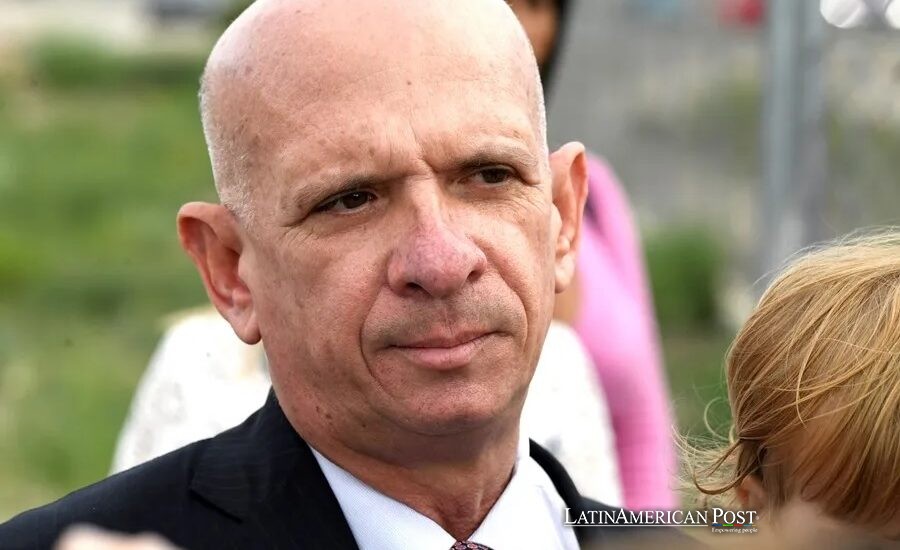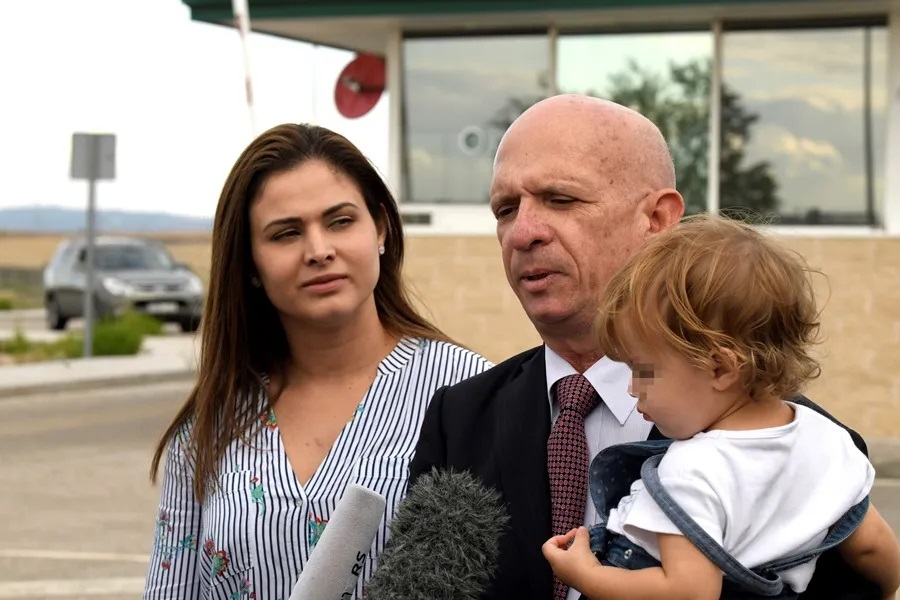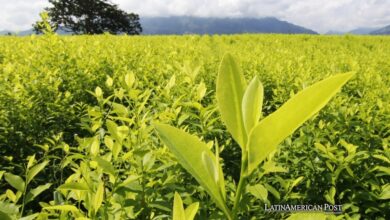El Pollo’s Plea: How a Venezuelan Spy Chief Unmasked a Cocaine State Within the State

A stunned silence fell over Caracas when news broke that Hugo “El Pollo” Carvajal—once the unshakable boss of Venezuela’s military intelligence—stood in a New York courtroom and confessed to trafficking cocaine. Not for profit alone, but as a weapon of the state.
From Chávez’s Inner Circle to Fugitive on the Run
His rise was improbable. His fall, Shakespearean.
Hugo Armando Carvajal, better known as “El Pollo,” once sat at the core of Venezuelan power. As director of the country’s Military Intelligence Directorate (DIM) from 2004 to 2011, he wasn’t just a spymaster. He was, in the words of Oxford political scientist Laurence Whitehead, “indispensable to Hugo Chávez’s effort to fuse party, state, and barracks.”
Carvajal helped sculpt the image of Chávez’s Venezuela as the defiant nerve center of Bolivarian socialism. Behind the anti-imperialist slogans, however, prosecutors now allege he was also laying the groundwork for a shadow state—one that moved tons of cocaine with impunity.
Central to the case is the Cartel de los Soles, an informal network named after the suns on Venezuelan generals’ epaulettes. Carvajal’s guilty plea—first reported by the BBC—confirmed what many had long suspected: the cartel wasn’t myth. It was method.
The loyalty began to unravel after Chávez’s death in 2013. Carvajal clashed early and often with successor Nicolás Maduro, especially after the bloody crackdown on anti-government protests in 2017, which left over a hundred people dead. In 2019, Carvajal publicly broke ranks, backing opposition figure Juan Guaidó in a failed call for military revolt.
An arrest warrant followed. Carvajal fled to Spain, disguised in a wig and false mustache, with €20,000 in cash and a suitcase full of burner phones. Captured in Madrid in 2021, he fought extradition for two years before finally being flown to Manhattan in 2023.
Weaponizing Cocaine: Not Just Profit—Strategy
Inside the courtroom, the tone was clinical. The words, devastating.
Federal prosecutors accused Carvajal of using cocaine not just for personal gain, but as what they called a “geopolitical weapon.” It was, they argued, a way to destabilize U.S. cities while financing Venezuela’s crumbling regime.
To Paul Gootenberg, a historian at Rutgers and author of Andean Cocaine, the claim isn’t far-fetched. Throughout history, revolutionary governments have turned narcotics into tools of leverage. In Carvajal’s case, it meant protecting FARC convoys across the Venezuelan border in exchange for millions in cash and crates of assault rifles.
The court documents outline how he built a financial web through shell companies and Swiss bank accounts, mirroring a pattern documented by sociologist Edgardo Buscaglia, who has long tracked narco-corruption networks across Latin America.
And the evidence? It included an intercepted conversation—played aloud in court—in which Carvajal allegedly bragged that cocaine headed for New York would arrive stamped with tiny images of the military’s sun insignia.
The symbol of national defense, used to brand poison.

EFE@Víctor Lerena
What He Knows Could Topple Titans
Carvajal’s plea came just before jury selection, leading many analysts to believe a cooperation deal is in motion.
“He’s a walking archive,” said Mike Vigil, former chief of international operations at the DEA, speaking to the BBC. Vigil has long maintained that Carvajal holds the kind of secrets that could shake the upper tiers of Maduro’s government.
That’s not speculation. Since 2020, the U.S. Justice Department has indicted Maduro and 14 top officials on charges of narco-terrorism. None are in U.S. custody. But Carvajal may hold the keys—flight plans, coded radio traffic, offshore bank trails—to making those cases stick.
Maduro has dismissed the allegations as nothing more than imperialist fiction. “All lies to steal our oil,” he declared in 2020.
But the timing couldn’t be worse for Caracas. Oil revenues have collapsed by 80% since 2015, and with the economy gutted, smuggling—of cocaine, gold, and diesel—has become a lifeline.
As political scientist Javier Corrales wrote in Latin American Politics and Society, the Maduro regime hasn’t just tolerated illicit economies. It’s relied on them.
Ripples Across the Region—and What Comes Next
Carvajal’s confession isn’t just a bombshell in Venezuela. It’s an earthquake across Latin America.
In Colombia, where the peace process with former FARC guerrillas remains fragile, the revelation that Venezuela’s military intelligence protected drug convoys is explosive. María Victoria Llorente, director of the Ideas for Peace Foundation in Bogotá, warned that such revelations could strain already-tenuous cross-border security cooperation.
Inside Venezuela, families of political prisoners are bracing for retaliation. “We brace for it,” tweeted attorney Tamara Suju the day after the plea. “And we’re afraid.”
In Washington, the case has already become a political tool. With Congress debating whether to ease oil sanctions to lower gas prices, Carvajal’s testimony gives hardliners new ammunition. Bruce Bagley, a Georgetown scholar and author of Drug Trafficking and International Security, summed it up: “When high-level insiders flip, diplomacy stops cold.”
Carvajal faces sentencing in October. The charges could bring life in prison, but his cooperation may shorten that dramatically.
In court, he spoke softly, acknowledging only that he had moved cocaine. But as the hearing closed, prosecutors dropped one final detail: the voice of Carvajal himself, bragging that shipments to the U.S. were branded with the sun.
Also Read: Fito’s Fall: Ecuador’s Drug War Hits a Turning Point
It was a moment that stung—because it laid bare just how much of Venezuela’s collapse was engineered from within.
As BBC’s Will Grant said outside the courthouse, the plea was more than a personal reckoning.
“It was a confession that parts of the Venezuelan state had turned trafficking into purpose.”
What comes next will depend on how much Carvajal decides to share—and how far the truth is allowed to travel.





